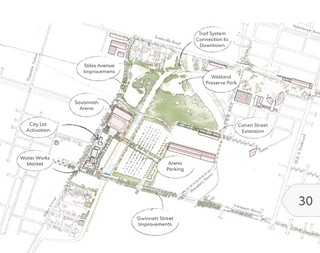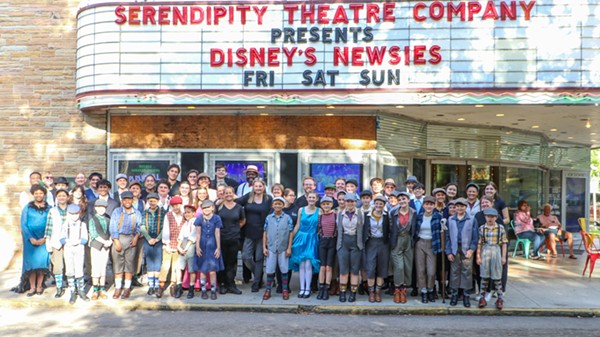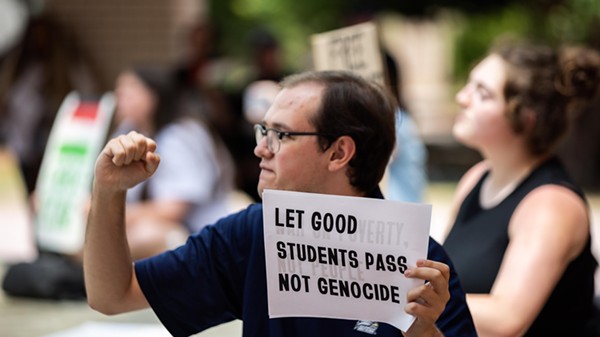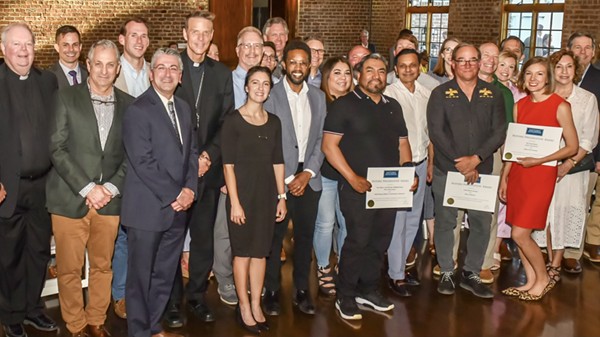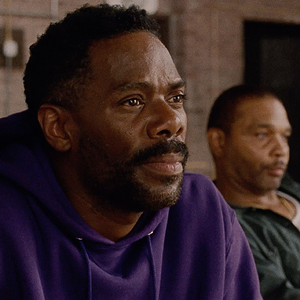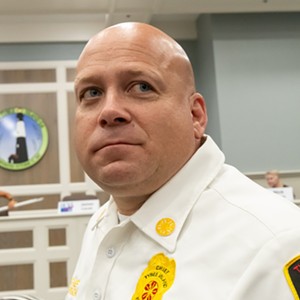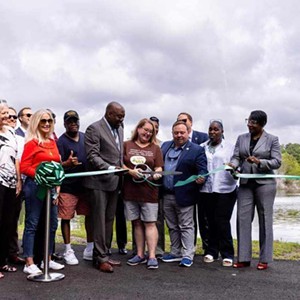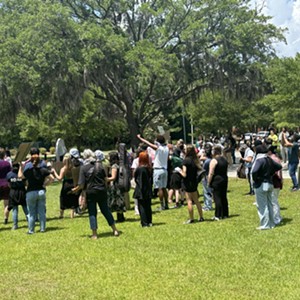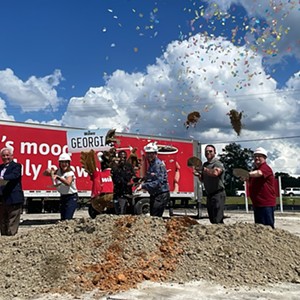UP UNTIL six weeks or so ago, it seemed like the sky was the limit for Savannah.
The economy had literally never been better. Property values were way up, and unemployment was way down.
Restaurants were opening seemingly on every block, so fast it was hard to keep up. Locals and tourists alike flocked to the newest offerings to see and be seen like it was Paris in its Gilded Age.
Record-shattering years were in the works for both the local tourism industry and at the Port of Savannah, with numbers previously undreamt of.
A new Mayor and Council were on board. The phrase “2020 Vision” was the trendy double-entendre: Clear, perfect vision for this most promising of years, with nothing but blue sky ahead.
Ground had broken on the new Savannah Arena on the city’s westside. Various vast, multi-million dollar contracts for it were awarded as if handing out M&Ms.
The money was always going to be there.
And now — this. COVID-19.
The things that were previously Savannah’s greatest strengths are now our biggest disadvantages.
A tourism economy is great — until there are literally no tourists, and all those brand-new hotels stand empty.
Buying that residential property for an Airbnb is great — until there’s nobody to rent it out.
A port which brings in about 90 percent of its traffic from China is great — until there’s a global pandemic affecting every supply chain from Wuhan to Wichita.
All the things that we weren’t supposed to question are now all called into question.
Case in point: The previously mentioned Savannah Arena and surrounding Canal District in West Savannah, which together amount to the largest public works project in local history.
A 9000-seat arena is great — until literally the entire live sports, entertainment, and events industry faces an existential reckoning, possibly years into the future.
For many years and multiple administrations, we’ve been told the money to build that arena would be there, because funding comes from the Special Purpose Local Option Sales Tax (SPLOST).
You know, a sales tax — a tax dependent on people purchasing goods and services.
The purchasing activity that isn’t happening now and might not really be happening very much around here for awhile longer.
For decades, SPLOST was sold as a no-brainer because up to 40 percent of it would be paid not by locals, but by out-of-town visitors.
You know, the out-of-town visitors who are, well, out of town right now, maybe for months to come.
The truth is, the Arena was always a big bite to chew financially even in the best of circumstances, even without the inevitable budget-busting cost overruns and change orders — which have already begun to kick in before the first hard hat appears on Stiles Avenue to begin work.
But now?
At this past’s week’s City Council meeting, the issue came up during discussion of a contract amendment for Canal District improvements along Stiles Avenue, as well as the presentation of the Canal District Master Plan itself.
Alderwoman At Large Kesha Gibson-Carter addressed the proverbial elephant in the room:
“The way we live and congregate possibly could be impacted the rest of our lives,” said Gibson-Carter. “Is it still feasible for us to build a 9000-seat capacity arena here in Savannah, Georgia?”
Pointing out that the Arena and Canal District are “reliant on SPLOST dollars that in large part haven’t been collected,” Gibson-Carter asked, “If SPLOST doesn’t come through, what is Plan B?”
Echoing his predecessor Eddie DeLoach, Savannah Mayor Van Johnson defended the project by saying it’s essentially a done deal due to the work of several previous councils.
“COVID 19 is not going to be the end of Savannah. Things might look really bad, but Savannah has survived a lot,” he said.
“COVID-19 has a time and a season. We will be back in each other’s presence again.... and we have to work toward that day,” the Mayor said.
“The Arena is a feasible project and remains a feasible project. The Arena is going to happen. It is going to happen,” he said.
“We have always said the Arena couldn’t survive by itself, hence the need for a Canal District to provide the accoutrements necessary to maintain an arena,” the Mayor said.
In the end, the amendment was approved, and no serious effort was made to derail the Arena or the Canal District.
However, both Gibson-Carter and Alderwoman Bernetta Lanier — in whose First District the project will actually reside — restated concerns that the funding should keep uppermost in mind the needs of residents.
I’m not entirely naïve. I realize the most likely change to the Arena project will not be whether or not it happens.
Mayor Johnson is almost certainly right — the Savannah Arena is going to happen.
Like the banks and other financial institutions that got bailed out in the last recession, it is Too Big To Fail.
The question will likely be whether, and how much, other taxes are raised to pay for it.
And so a new City Council elected at Savannah’s economic height, with a mandate to see that wealth represented more equitably in the community, will possibly preside instead over a brutal debate over tax hikes, as the City’s finances grow dire.
This argument could of course be extended to other long-range funding commitments by previous Councils, such as the extravagant bond issues to underwrite tourist and upmarket-focused developments on either end of the Historic District.
The bond issues are ostensibly self-repaying, but the truth is nothing pays for itself if the customers and renters and diners and drinkers never show up.
One would have thought Savannah would learn its (comparatively cheap) lesson after the economic collapse of Savannah River Landing following the 2008 meltdown, but no.
Many of us who warned about the need for greater financial prudence will probably be proved right. That and four bucks will get us a small coffee – but we might have to wait a bit longer on a place that’s open.

